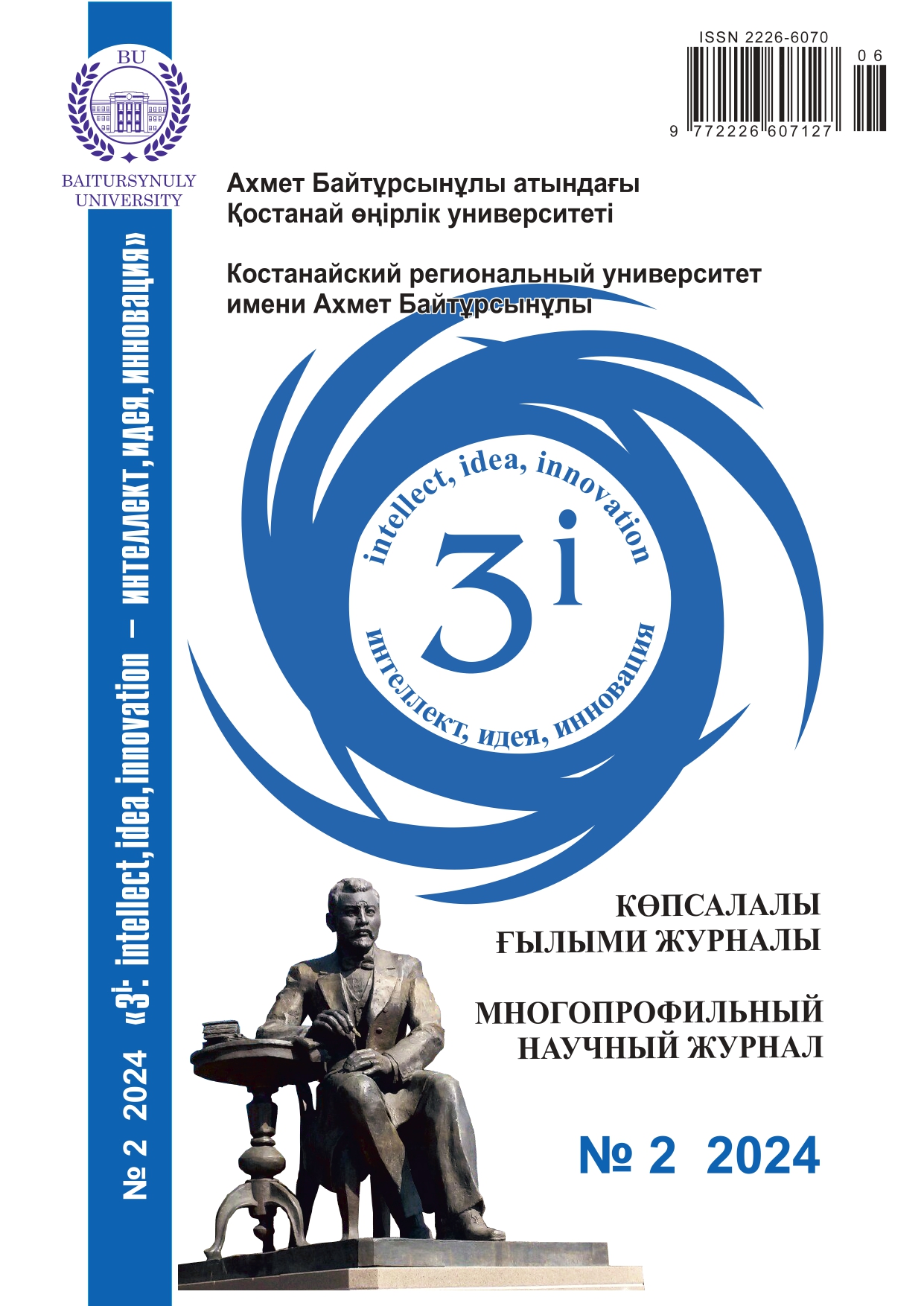THE ROLE OF PASSIONARISM IN ENGAGING WITH THIRD-AGED STUDENTS
DOI:
https://doi.org/10.52269/22266070_2024_2_209Keywords:
students of silver age, lifelong learning, non-formal education, passionate personality, teaching foreign languagesAbstract
The article presents an overview of theoretical and practical insights into teaching foreign languages to third-aged students. This research highlights that in today's world, regular global changes necessitate constant adaptation for survival. Therefore, it is crucial to update continuously one's knowledge throughout life. The article updates the issue of continuing lifelong education at any age, even using simplified learning formats. The authors of the article set a goal to explore the meaning of passionarism in working with older people and solve such a problem as identifying the effectiveness of teaching a foreign language and stimulating the creative endeavors of students of the silver age by determining the level of involvement of the teacher himself in the educational process. It is well known that the third-age students are reserved and shy, which often impedes their ability to articulate thoughts openly and erects linguistic barriers during certain activities. According to the authors, the selection of material when working with adult students is important, since it is necessary to consider their different educational abilities. In this article, the authors have described the analysis and results of surveys conducted among teachers teaching foreign languages to older people. The survey results showed that the activity, engagement and commitment of teachers have a positive effect on the learning process in inclusive groups of third-age students. The authors concluded that passionate teacher, through their foreign language teaching, encourage elderly students to become more proactive, thereby instilling in them a newfound sense of purpose.




